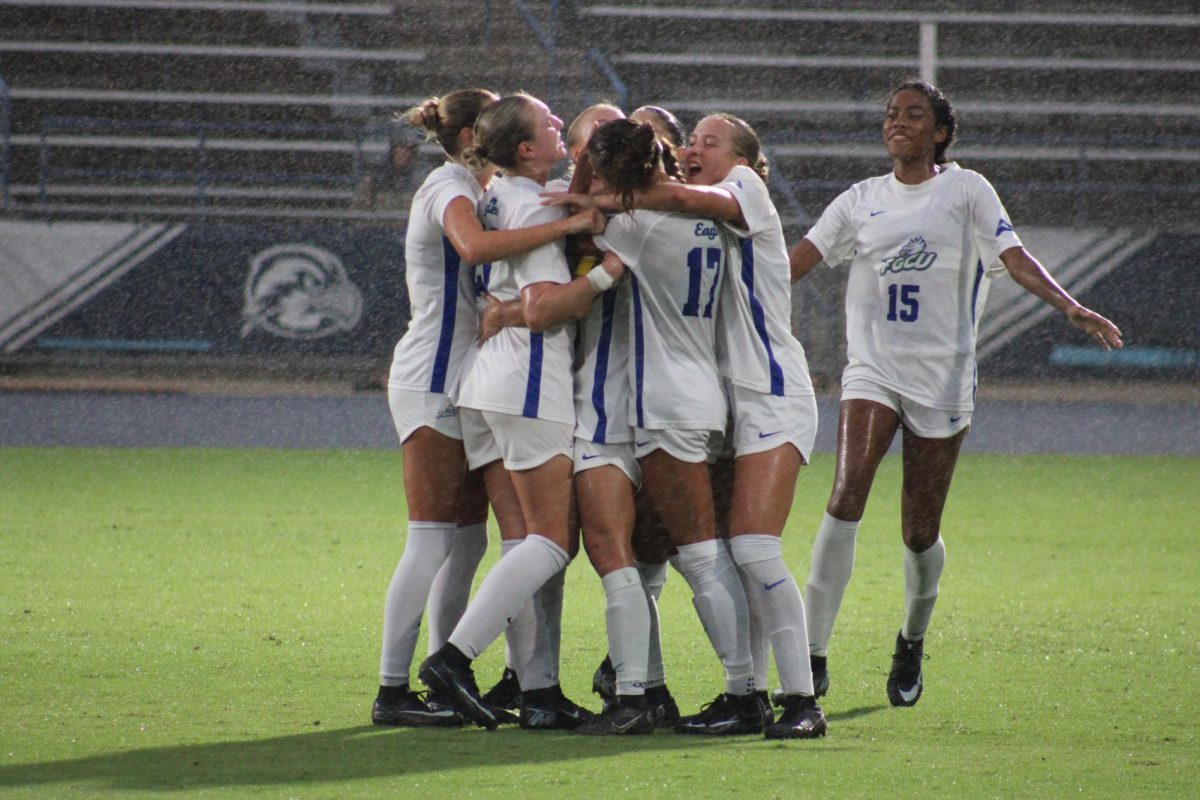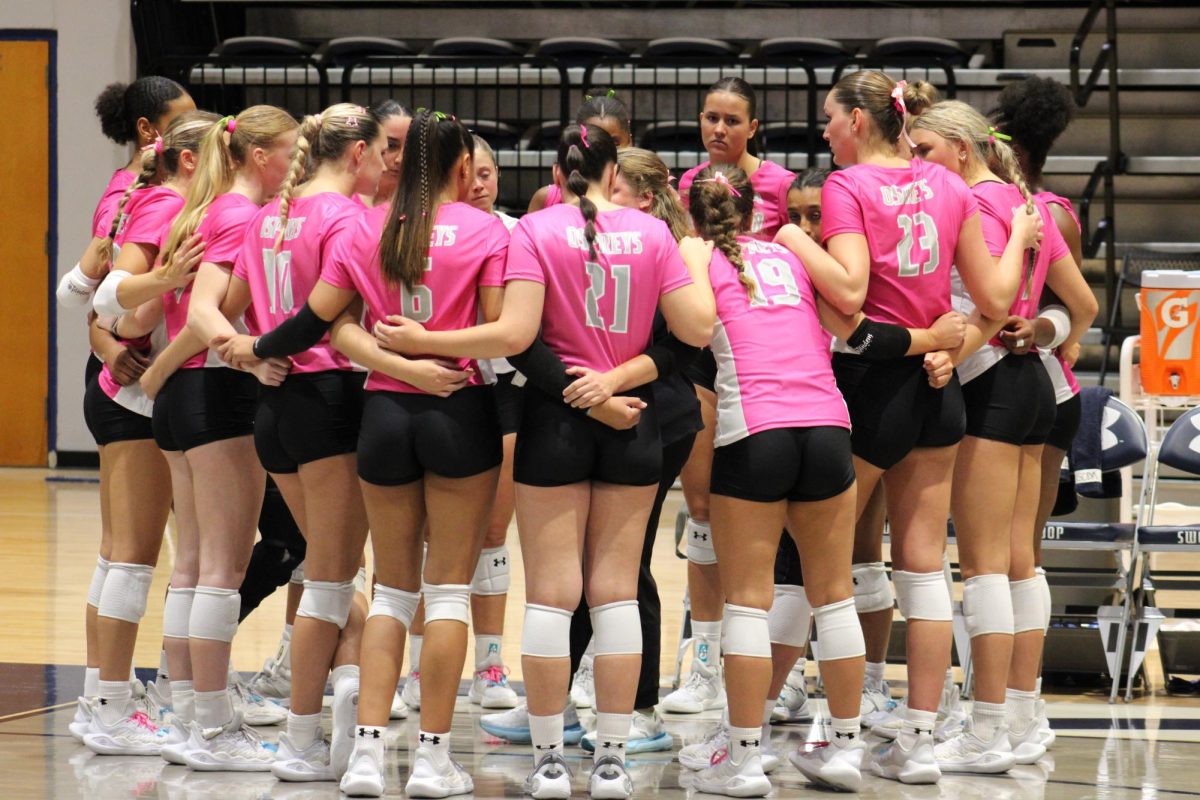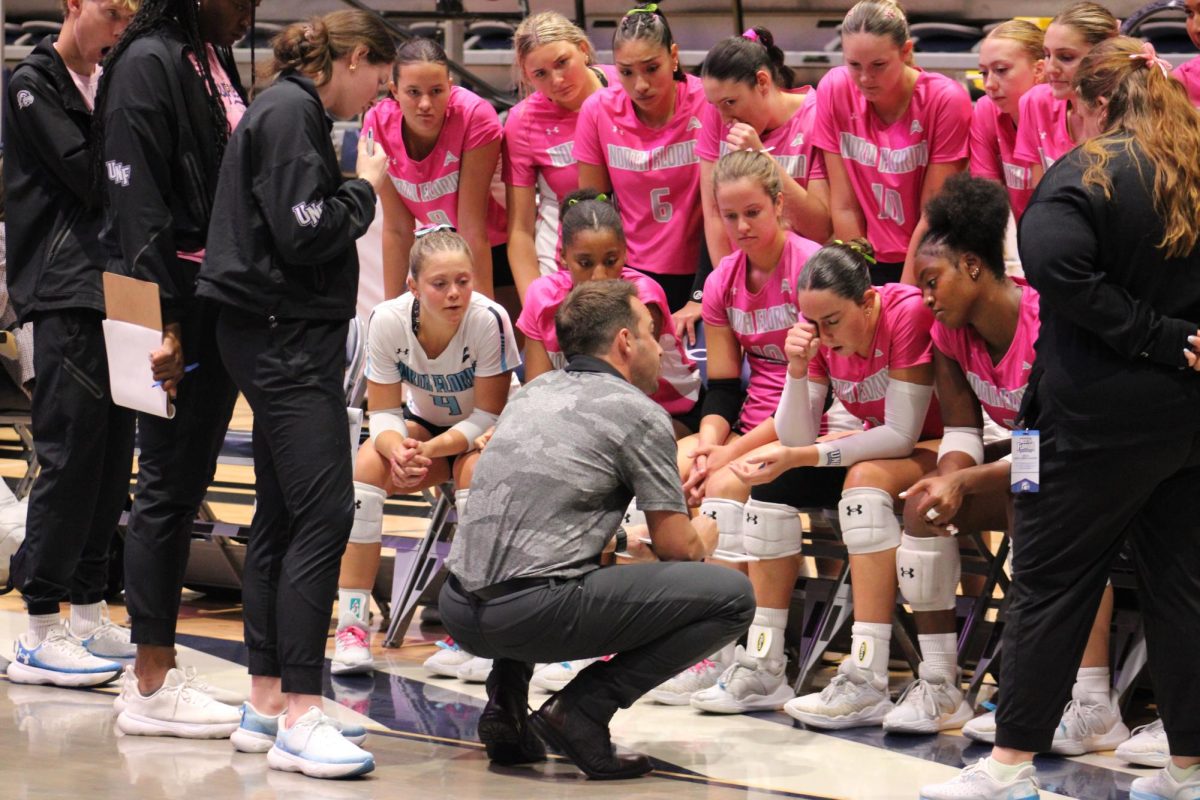She worked for 13 years at an advertising agency before she learned how to hand-wash clothes and cook on an open fire.
She spent three months in Cameroon while living in a three-bedroom house with eight children, preparing and getting accustomed to living in a developing country.
Nine hours of training each weekday and half a day each Saturday prepared her for a two-year volunteer position in Western Africa, after years of working in a corporate environment.
“You will have absolutely no privacy,” said Alethea Parker, a Peace Corps recruiter, who volunteered in Cameroon. “The culture shock could be very intense if you haven’t been to a developing country.”
Since former President John F. Kennedy established the Peace Corps in 1961, there have been 195,000 volunteers and trainees. Currently, almost 8,000 volunteers and trainees are involved in the Peace Corps.
After three months of training, Parker’s 24 months of service in Mamfe, the urban Cameroon town, was a breeze.
Parker said her average day began in a stucco house overlooking the mountains she lived like the mayor, she said.
She helped computerize three credit unions in Mamfe, conducted computer training classes and business consultations, served on several Peace Corps committees and worked with local business owners and authorities to create jobs and improve infrastructures.
“I definitely had a full-time schedule as a volunteer,” Parker said.
When she wasn’t working, Parker had time to relax with friends downtown. Occasionally on her weekends off, Parker would trek 250 miles to the beach – a trip that might take 12 hours driving.
Parker went to Cameroon with a business focus, but she said volunteers can do whatever their community needs once they arrive.
Ronald Libby, a UNF political science professor and a Peace Corps volunteer in the 1970s, highly recommended joining the Peace Corps.
“[The Peace Corps is] a way of getting experience you couldn’t get any other way,” Libby said.
The Peace Corps appointed Libby to a faculty position at the University of Botswana, Lesotho and Swaziland in Africa, where he taught classes.
His time at the tri-county university opened opportunities to work in other countries, which would have been impossible coming straight from America.
Adam Nations, a senior public relations major at UNF, plans to volunteer in the Peace Corps with his wife.
“We love visiting other countries and helping people, but we didn’t want to have to raise money or have the pressure of saving people,” Nations said.
The Peace Corps provides a living stipend for volunteers to live like an average person in their country. How much people earn, what type of houses they live in and how many meals they eat per day will influence the volunteers’ living situation.
“If they live in apartments and eat three meals a day, you’ll live in an apartment and eat three meals a day,” Nations said. “But if they live in a mud hut, you’ll be given your own mud hut.”
Volunteers often use public transportation, Nations said.
However, the Peace Corps will often give you a new bicycle – something Nations is very excited about.
For those worried about safety, Parker reassured the Peace Corps does not send its volunteers to dangerous places.
“We go to communities that really want us to be there,” Parker said. “Your community is going to look out for you.”
Part of the Peace Corps training involves teaching volunteers to take responsibility for their own safety and how to integrate themselves into the community, Parker said.
Safety and security are a high priority, and the Peace Corps will evacuate volunteers if necessary to ensure their safety, she said.
Applying for a position in the Peace Corps is a five-step process that consists of an application, an interview by a Peace Corps representative, medical and legal clearance, qualification based on skills and suitability and a location assignment in a foreign country.
One roadblock to being accepted is debt. The Peace Corps can often defer volunteers’ student loans, but volunteers have to explain how credit card debt, car payments, and mortgage payments will be handled while they are overseas.
Every Peace Corps experience is different. Each volunteer will face different roadblocks. But that experience is what separates Peace Corps volunteers from everyone else, Parker said.
“We have the opportunity to see the world like no one else could.”
E-mail Beth Coulter at news@unfspinnaker.com.












computer training | Oct 16, 2009 at 1:33 pm
I was pleased to see this. Just what I needed. Thanks.